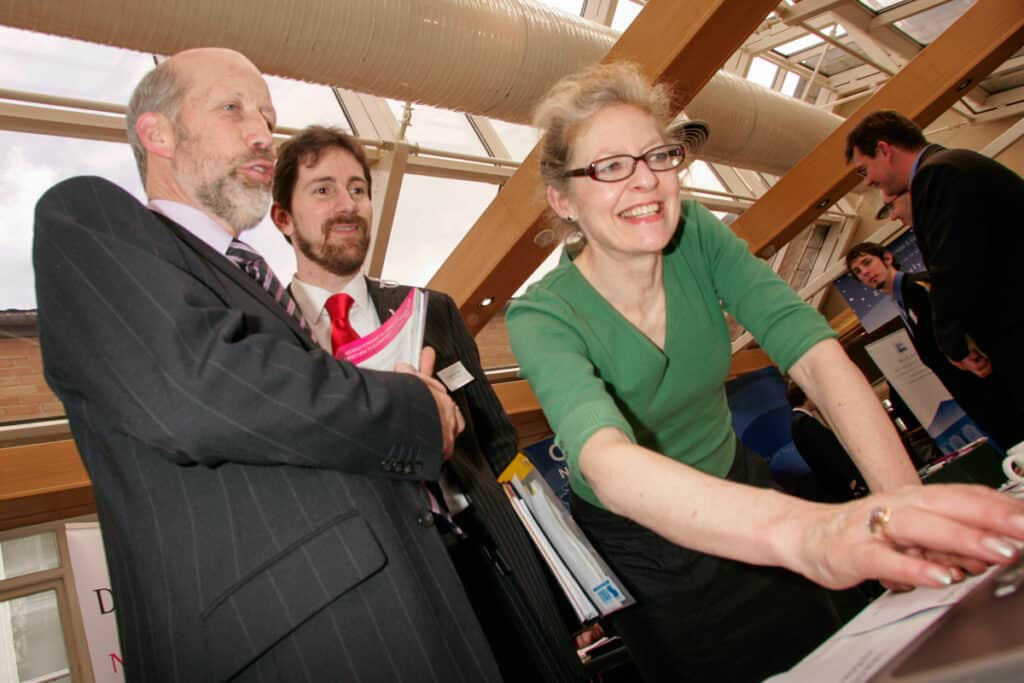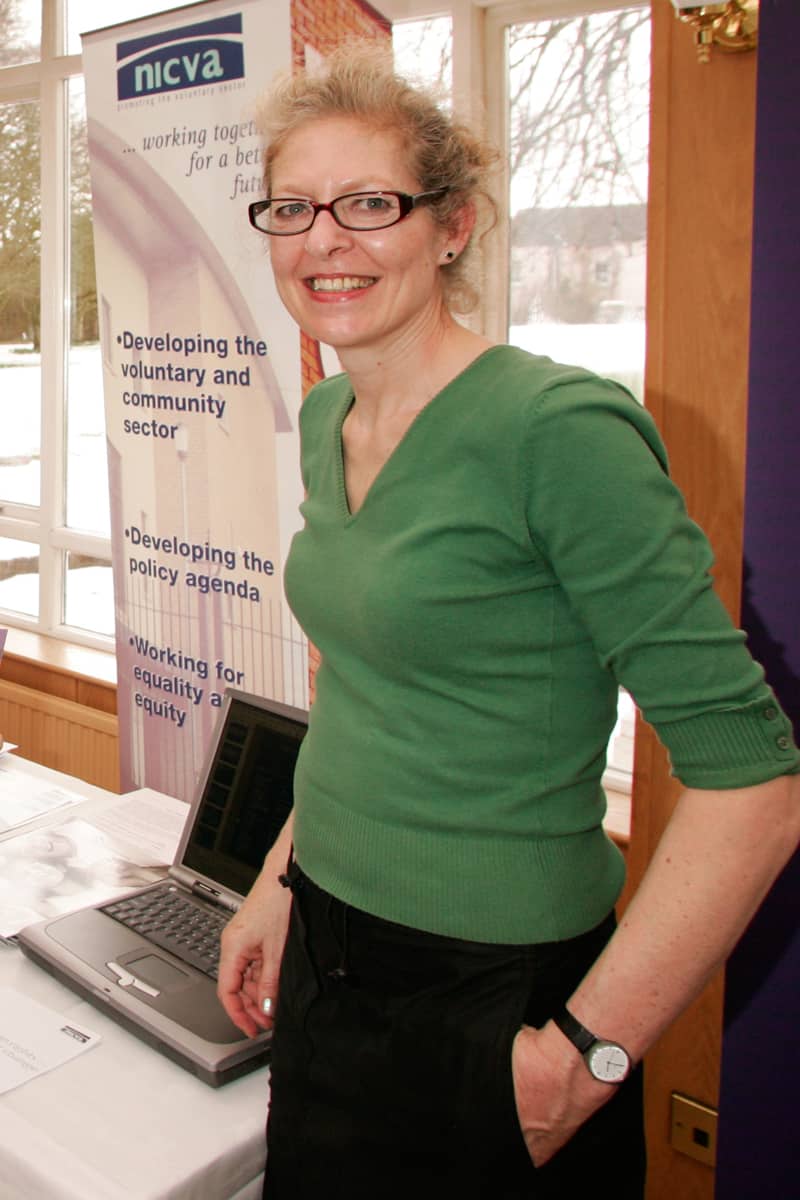Anne Moore will be remembered for her passion for social justice. I met Anne during my employment as a policy officer for the Alliance Party as I sought out the views of a valued stakeholder, NICVA, where she served as public affairs officer. Anne and I had plenty of enjoyable conversations and discussions on official as well as unofficial business matters—we would frequently diverge to global and philosophical perspectives.
I regret that we didn’t continue such conversations as our careers evolved. It was a delight when recently our jobs converged on issues of public policy. We bumped into each other at Sketrick House, Newtownards, where she was representing Save the Children and my wife and I were attending a regular meeting in our roles as a health service user and carer. Thankfully Northern Ireland is a compact enough place for serendipitous encounters.
My last encounter with Anne was perhaps poetically as my first—at a work event hosted by NICVA at their offices at Duncairn Gardens. The discussion was about “fake news” and misinformation. During the question and answer session, Anne directed her question to panellist, John Barry:
“John, you were talking about the 1930s [and this] reminded me of the case of so many of the old Bolsheviks were imprisoned, and during the purge they were prepared to stay in prison and go to their deaths, rather than acknowledge that maybe their lives had been led by a lie. [Arthur Koestler?] and I were talking about this one time, about how their identity was more important to them and gave them purpose in life and meaning [and] was much more important to them; they were prepared to die rather than admit a mistake. That’s actually called something in psychology, “identity-protective cognition”. I’m thinking [that] political strategists know that; they know how to press the emotional buttons, to divert people away, deflect them away from their own self interest—the importance of tackling climate emergencies, environmental degradation, inequality that’s rising. Political strategists build on that need for identity, the importance of identity. I’m just wondering how, when our system is based on identity, how do we change political opinion in a way so that they think differently. How do you bring about change in that story, that the story is about tackling all these other emergencies?”
John replied, “An easy question. Thanks Anne.” Or as emcee Seamus McKee responded, “That’s a big one!”
Let us have the curiosity to ask the hard questions and the courage to seek and deliver solutions, as Anne did in her own admirable way.
Images courtesy of Kevin Cooper Photoline.
Originally published at Mr Ulster.

Peacebuilding a shared Northern Irish society ✌️ Editor 🔍 Writer ✏️ Photographer 📸 https://mrulster.com
Discover more from Slugger O'Toole
Subscribe to get the latest posts to your email.
